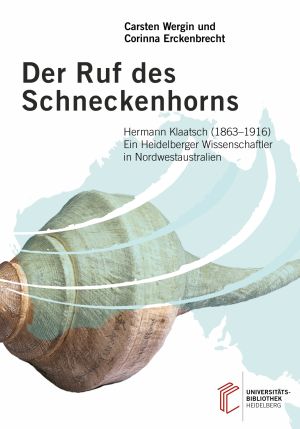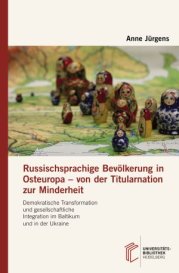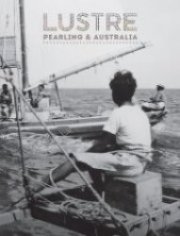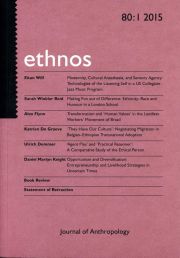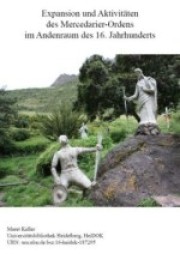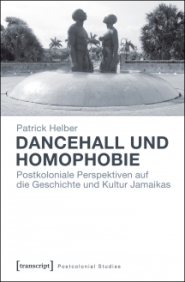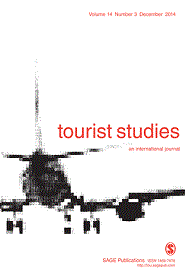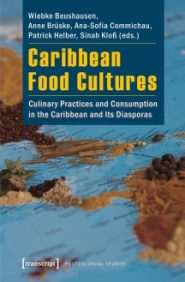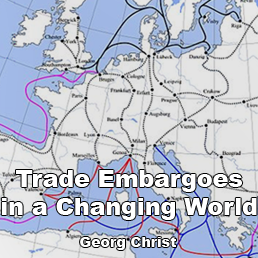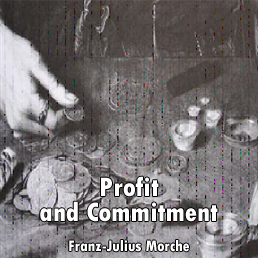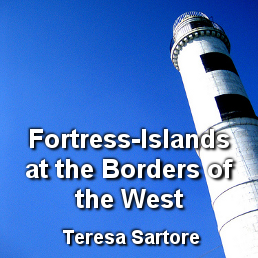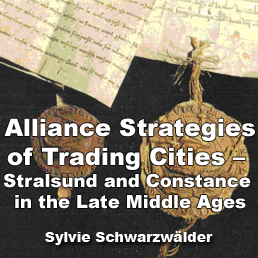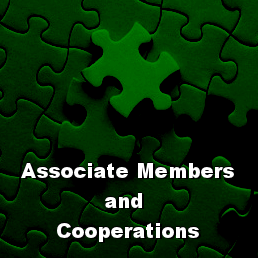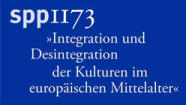Trading Diasporas
Trading Diasporas in the Eastern Mediterranean (1250-1450)
Junior research group leader: Dr. phil. des. Georg Christ
The research group ‘Trading Diasporas’ analyses how trading diasporas such as Venetian, Jewish, Greek or Persian communities, shaped the cultural boundaries in the late medieval Eastern Mediterranean.
Trading diasporas stood at the intersection of Mediterranean civilisations and were shaped by transcultural trade contacts as much as by “cultural” antagonisms. They acted as vanguards of their entities in foreign lands and thus mediated between “cultures” by constantly redrawing linguistic, legal, and economic borders.
The research group studies tensions within and between different diasporic groups and their “host” societies. We are interested in how these diasporas positioned themselves between their homeland and their host environment in the context of religious warfare and the concepts of jihad and crusade. To what extent was their internal organisation shaped by transcultural exchange and cultural antagonisms? Did they develop into parallel societies or did the merge with their host culture? Ultimately, our research and public events are intended to contribute to a better understanding of historic and modern societies between transcultural integration and antagonistic conception of ‘cultures’.
“Union in Separation” is a three-day international conference hosted by the Transcultural Studies Programme at the University of Heidelberg. The conference focuses on transcultural diasporic communities in the medieval Mediterranean with specific respect to their role in trade between perceived separate cultural areas.
The term “transculturality” tends to be used to designate the hybrid character of modern-day societies and to ultimately argue that separate cultural units (defined as the sum of elements that characterise the aggregate identity of a society) do not exist. However, regardless of whether it is possible to speak of separate ‘cultures’, they certainly persist in peoples’ mind. These mindsets, their making and their impact on societies is what historians should investigate. [...] [Photos]
 |
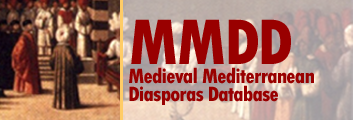 |
|
|
Diasporas and Transcultural Agency in the Eastern Mediterranean in the Late Middle Ages and the Early Modern Era |
The Medieval Mediterranean Diasporas Database's aim is to provide a platform for the storing of all the data that was stored prior in cue card systems, i.e. prosopographical data, places, events, literature and excerpts, textual sources and excerpts, objects and pictures. The database system disposes of a in-built project-management tool and interacts with metadatabases (library catalogues), a rudimentary GIS system and several wikis. [...] |
Research projects
I . Trade Embargoes in a Changing World: Formulation - Enforcement - Coping Strategies in Northern Europe and the Eastern Mediterranean (1291-1400)
Dr. phil. des. Georg Christ, Junior Research Group Leader
Against the backdrop of the climate change and the demographic crisis of the Late Middle Ages, trade embargos of the Hanseatic league are compared with embargos in the Eastern Mediterranean in the Late Middle Ages. The struggle over the control of trade marked by trad embargos, withdrew merchants from legal spheres of trade and fostered strategies of evasion, e.g. smuggling. Economic, fiscal and military policies and the respective coping mechanisms shall not be understoos as "oppressive" regulations and (often) "criminal" reaction but, rather, as a multi-layered struggle over economic resources in times of change. [...]
II. Profit and Commitment : Economic Agency Relations in Venetian Mediterranean Trade, 1350-1450
Franz-Julius Morche, M.Sc., Research Associate
The institutional design of agency relations in medieval long-distance trade has received considerable attention in both economic history and institutional economics. My research focuses on the transcultural elements of Venetian trade relationships with the Islamic Levant and Crete in the late medieval period. On the basis of merchant letters and judicial documents, I shall develop a theoretical framework that adequately accounts for the observed historical trade patterns. This is intended as an extension of existing institutional theories of impersonal exchange that are confined to mono-cultural environments. [...]
III. Latin Rhodes and European Malta: Two Fortress-Islands at the Borders of the Western World
Teresa Satore, M.A., Research Associate
In this research project I will argue that in present times, as in the medieval period, imaginary but also real fortresses were and are created to defend the European territory and the “Western identity” from an alleged “infidel” threat.
Key issues will be: the clash/encounter between social/religious/ethnic groups in transcultural societies, the emergence of diasporic identities and legal pluralism and yesterday’s and today’s perception of an alleged Islamic menace and its consequences. Interesting analogies and differences emerge by the study, on the one hand, of crusades and medieval diplomatic and unofficial relations between Christians and “infidels”, and, on the other hand, contemporary preventive wars and restrictive migration policies, also under the light of the impact of recent North African revolutions. [...]
IV. Alliance Strategies of Trading Cities in a Comparative Perspective – Stralsund and Constance in the Late Middle Ages
Sylvie Schwarzwälder
Alliances of late medieval cities were crucial means to defend political autonomy and to overcome trade barriers. By comparing two important trading cities – Stralsund and Constance – this dissertation project analyses alliances between cities in the 14th century and asks how strategies of medieval cities changed and developed over the course of the fourteenth century in response to economic, demographic and political challenges. [...]
V. Associated Members and Cooperations
Cooperation with the CEU Budapest
Cooperations



